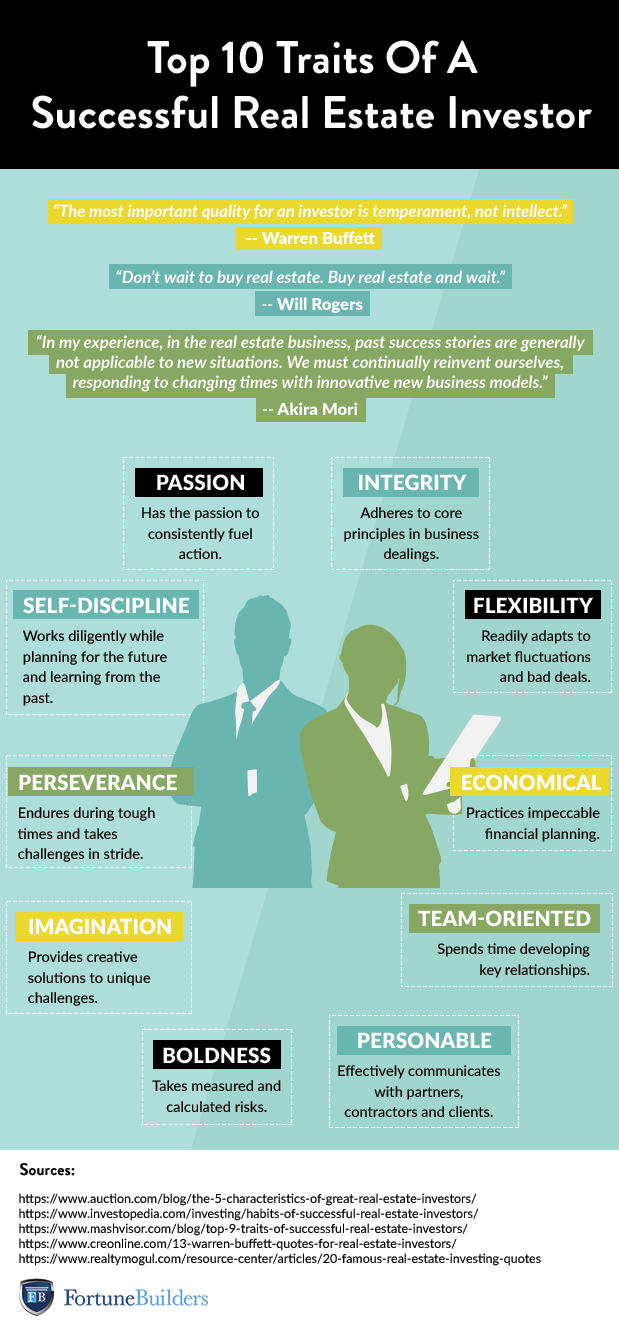
What is Real Estate Investing?
Real estate investing can be a lucrative way to diversify an investment portfolio. Real estate investors purchase, manage, and sell properties to earn a return on investment . This guide provides an overview of what it means to be a real estate investor, outlining different types of real estate investments, strategies for success , and potential challenges.
Different Real Estate Investment Options
1. Residential Real Estate
- Single-Family Homes: Properties designed for one family. These are common among novice investors due to their lower cost and easier management .
- Multi-Family Properties: Properties that house multiple families, including duplexes and apartments. They offer higher rental income but need increased oversight .
- Vacation Rentals: Properties rented out to short-term tenants, often through platforms like Airbnb or Vrbo. These can bring in substantial earnings but may have inconsistent occupancy and need more oversight.
2. Commercial Real Estate
- Office Buildings: Spaces leased to businesses for office use. They often have extended lease agreements , ensuring stable cash flow.
- Retail Properties: Properties rented by retail businesses, including shops and malls. Success is linked to the success of the tenants .
- Industrial Properties: Industrial buildings such as factories and storage units. These have long leases and low management needs .
3. Investing in Industrial Properties
- Warehouses: Large storage spaces for goods and materials. Demand is fueled by online shopping expansion .
- Manufacturing Facilities: Properties where products are manufactured. These demand specific expertise for investment.
- Distribution Centers: Hubs for logistics and transportation. High demand in supply chain management .
4. Land
- Undeveloped Land: Vacant plots awaiting development. It offers speculative investment opportunities but can be speculative .
- Developed Land: Property readied for building projects. Requires substantial funds and expert knowledge .
- Agricultural Land: Land dedicated to farming and livestock. Offers steady returns but requires understanding of agricultural trends.
Strategies for Real Estate Investing
1. Long-Term Holding Strategy
- Overview: Purchase properties to rent out and hold them for the long term to benefit from rental income and property appreciation.
- Pros: Regular income, tax incentives, and increased property value over time.
- Cons: Requires property management, tied-up capital, market risk.
2. Fix and Flip
- Overview: Buy properties at a discount, renovate them, and sell them at a higher price.
- Pros: Quick returns, enhanced property value.
- Cons: High risk, requires construction knowledge, market timing crucial.
3. Property Wholesaling
- Overview: Discover discounted properties, put them under contract, and sell the contract.
- Pros: Low-cost entry, swift transactions, minimal management.
- Cons: Needs to find sellers and buyers, lower profit margins.
4. Investing in REITs
- Overview: Invest in a company that owns and operates income-producing real estate. REITs are traded on stock exchanges.
- Pros: Easy to sell, diversified holdings, passive returns, expert management.
- Cons: Volatile markets, limited investor control, management fees.
5. Crowdfunded Real Estate Investments
- Overview: Combine funds with others to invest in properties through online platforms.
- Pros: Small investment requirement, portfolio diversification, large project participation.
- Cons: Reduced control over investment, platform costs, potential risks.
How to Become a Real Estate Investor
Education and Research:
Learn the Basics: Understand real estate markets, financing options, property management, and investment strategies.
Networking: Engage with investment communities, participate in seminars, and network with seasoned investors.
Set Investment Goals:
Define Objectives: Clarify your investment aims, focusing on income
Set Investment Goals
- Define Objectives: Set clear goals for your investments, whether for income, appreciation, or diversification.
- Risk Tolerance: Evaluate your risk tolerance to select suitable investment strategies.
Develop a Business Plan
- Market Analysis: Research target markets, property types, and potential investment returns.
- Financing Strategy: Prepare a financing plan using mortgages, private loans, and savings.
Build a Team
- Key Professionals: Assemble wholesaling real estate for dummies a team with agents, lawyers, accountants, managers, and contractors.
- Networking: Maintain and grow your network of helpful professionals.
Start Small
- Initial Investment: Start with modest investments or basic projects for learning.
- Learn and Adapt: Adapt your approach based on lessons from initial investments.
Scale Up
- Growth: Scale your investments with increasing expertise and confidence.
- Diversification: Diversify your portfolio to include different types of properties and locations.
Challenges and Risks in Real Estate Investing | Potential Challenges and Risks
1. Market Volatility
- Economic Factors: Markets are subject to changes in the economy, interest rates, and policies.
- Mitigation: Stay informed about market trends and adjust your strategies as needed.
2. Property Management
- Tenant Issues: Managing tenant issues, vacancies, and rent collection requires effort.
- Solutions: Use a management company or improve your own management abilities.
3. Financing and Cash Flow
- Funding Challenges: Securing financing and maintaining positive cash flow can be difficult.
- Strategies: Plan your financing well and maintain an emergency reserve fund.
4. Legal and Regulatory Issues
- Compliance: Stay compliant with laws at all levels for your investments.
- Advice: Work with legal experts to understand and follow regulations.
Conclusion
Real estate investing can be highly rewarding to generate income and achieve financial freedom . By learning various investment strategies , setting clear goals , and understanding potential challenges, you can thrive as a real estate investor . Whether you are a novice or veteran investor, staying informed and adaptable wholesaling houses with no money are key to building a profitable portfolio.